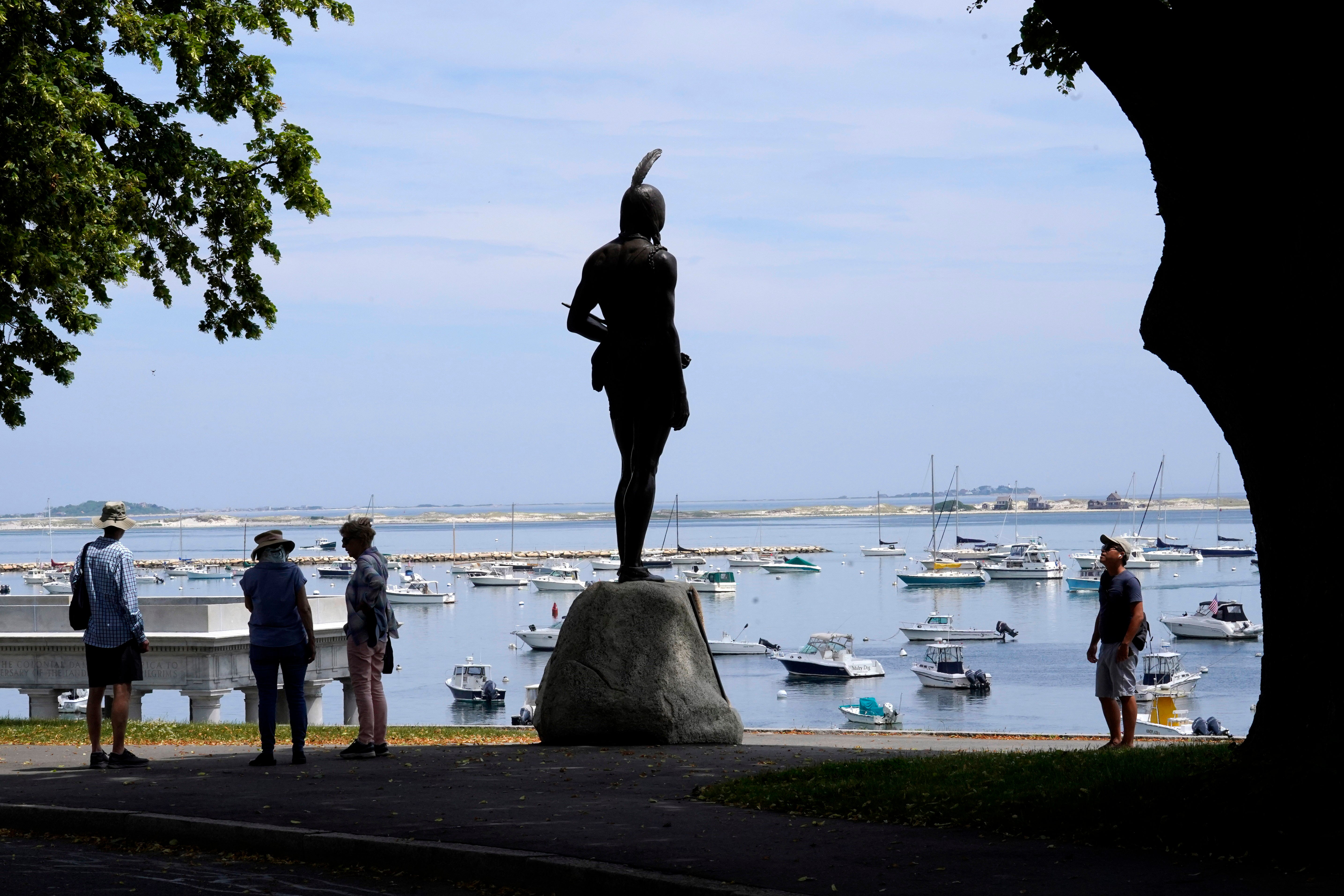A rare but deadly mosquito virus infection has Massachusetts towns urging vigilance
A rare but deadly disease spread by mosquitoes has one town in Massachusetts closing its parks and fields each evening

Your support helps us to tell the story
From reproductive rights to climate change to Big Tech, The Independent is on the ground when the story is developing. Whether it's investigating the financials of Elon Musk's pro-Trump PAC or producing our latest documentary, 'The A Word', which shines a light on the American women fighting for reproductive rights, we know how important it is to parse out the facts from the messaging.
At such a critical moment in US history, we need reporters on the ground. Your donation allows us to keep sending journalists to speak to both sides of the story.
The Independent is trusted by Americans across the entire political spectrum. And unlike many other quality news outlets, we choose not to lock Americans out of our reporting and analysis with paywalls. We believe quality journalism should be available to everyone, paid for by those who can afford it.
Your support makes all the difference.A rare but deadly disease spread by mosquitoes has one town in Massachusetts closing its parks and fields each evening. Four other towns are urging people to avoid going outdoors at night.
They’re concerned about eastern equine encephalitis. State health officials announced last week a man in his 80s had caught the disease, the first human case found in Massachusetts since 2020.
The town of Plymouth, about 40 miles (64 kilometers) southeast of Boston, announced Friday that it's closing public outdoor recreation facilities from dusk until dawn each day after a horse in the town was infected with the disease.
Meanwhile, state health officials warned that a cluster of four towns south of Worcester — Douglas, Oxford, Sutton and Webster — are at “critical risk” after a man from Oxford caught the virus.
State and local health officials urged people in those towns to avoid the peak mosquito biting times by finishing outdoor activities by 6 p.m. until Sept. 30 and then by 5 p.m. after that, until the first hard frost.
They also recommend that people across Massachusetts use mosquito repellents when outdoors and drain any standing water around their homes.
Jennifer Callahan, Oxford's town manager, wrote in a memo that the family of the man who caught the virus in mid August had reached out to her office.
“They want people to be aware this is an extremely serious disease with terrible physical and emotional consequences, regardless if the person manages to live,” Callahan wrote.
She said the infected person had often recounted to his family how he never got bitten by mosquitoes. But just before he became symptomatic, he told them he had been bitten. She said the man remains hospitalized and is “courageously battling” the virus.
Callahan said the family is urging people to take the public health advice seriously and to do their utmost to protect themselves.
The presence of the virus in Massachusetts this year was confirmed last month in a mosquito sample, and has been found in other mosquitoes across the state since then. In a 2019 outbreak, there were six deaths among 12 confirmed cases in Massachusetts. The outbreak continued the following year with five more cases and another death.
There are no vaccines or treatment for EEE.
The U.S. Centers for Disease Control and Prevention says that although rare, EEE is very serious and about 30% of people who become infected die. Symptoms include fever, headache, vomiting, diarrhea and seizures.
People who survive are often permanently disabled, and few completely recover, Massachusetts authorities say. The disease is prevalent in birds, and although humans and some other mammals can catch EEE, they don't spread the disease.
The CDC says only a few cases of EEE are reported in the U.S. each year, with most infections found in the eastern and Gulf Coast states.